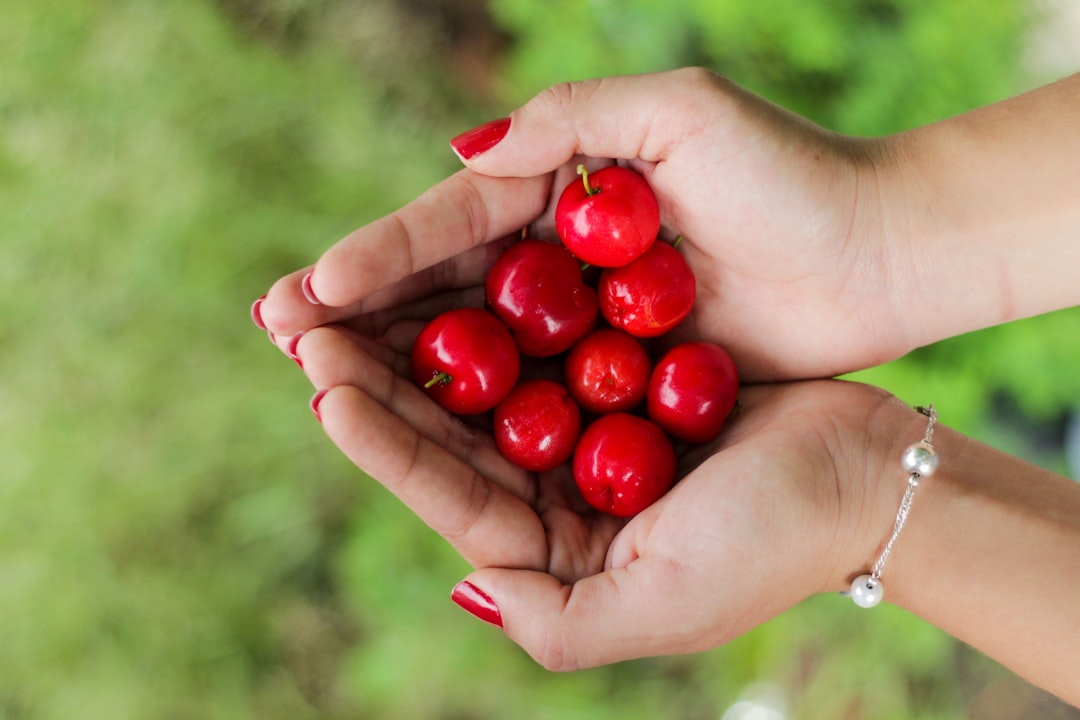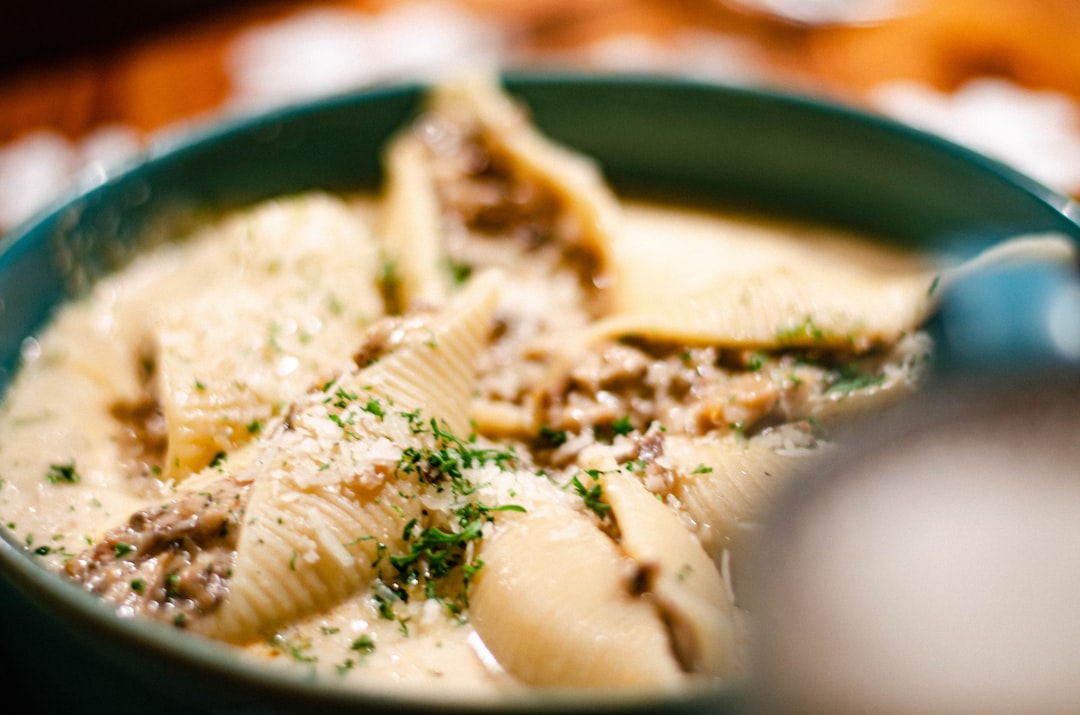Healthy Tea – The Health Benefits Of Tea
Tea has been enjoyed for centuries. This refreshing beverage brings tea drinking to a whole new level. Tea helps the body release natural toxins and helps it to go into slumber. Let’s take a look at some of the health benefits of tea.
In layman’s terms, tea is a miracle drink. It tastes good, heals your body, and is good for you in many ways. Tea has low caffeine and is a very rich source of Vitamin C. The antioxidants in tea are amazing and they help with reducing bad cholesterol.

Antioxidants are extremely important in our body. They are like tiny engines that enhance the body’s performance and equip it with the ability to work far more effectively. The vast majority of complex diseases take place in the cells. They are constantly being destroyed and this is why it is essential for the body to have a steady supply of antioxidants, to absorb the toxins and free radicals that threatening our cells. We, as human beings, need a steady supply of antioxidants because our bodies are constantly being destroyed by the radicals that are constantly attacking and breaking down our tissues.
The more processed food we eat, the higher the chance of us developing certain diseases. A recent study by the Egyptians suggests that the longer we eat, the higher our risk of developing cancer. What’s more, the risk of developing Parkinson’s Disease and Alzheimer’s Disease, which is very common in the aged population, is greatly reduced. Having more variety in our diet is very important to our health.
The tea breakfasts provided in restaurants and the grocery store are full of empty calories. It is important to eat a morning meal that provides health benefits. Whole grain, fresh fruits and vegetables are great sources of energy and are rich in fiber. These are very important for the body to digest and become energized.
However beneficial a good breakfast may be, it is not easy to have a good breakfast. The primary reason is the hectic lifestyle that most people lead. Plus, people are often in a rush and don’t have the time to make the most of the healthy foods they eat.
Another problem is the culture of fast food. The act of eating a hearty breakfast, much like Alcoholics and smokers do, can beategories of unhealthy eating. This is a culture of eating out, or haveynicating, and is really unhealthy. authentically cooked nourishing foods are much more rare than other people would want to imagine. They are easier to find in Hong Kong, India and China towns. Thankfully, as we live in a globalized community, we are now able to have a much more varied and flavorful variety of nourishment. town in Hong Kong, For example, most everywhere now has a safe-eating establishment, which is a reality in many Chinatown regions in China, as well as in Korea, Japan, and mainland China.
The most global trend would be20% of the world’s population is obese, and some researchers Compare the rates in China with those of Brazil and Russia. In S China, an estimated one third of the population is Obese. 60% of China’s employees are overweight, and some say it is because of the kind of food served at work. As a largely manufacturing nation, China relies on augsgin Western food. They say American-Chinese food is very similar, and in some ways better than authentic Chinese food. In one town in China, they even have an entirely organic food market.
Here are some tips on sourcing and cooking authentic Chinese food.
Many of the sources for this kind of food come from China itself, making it a favorite choice for those who wish to avoid China’s increased pollution. Still, our tips for dealing with possible allergens include:
-Buy Organic-Buy Locally-Go Raw-Spend More Time Cooking-Sell Spicevana
A quick peek at the notorious MSG. Most Chinese restaurants serve ‘MSG Free Food’, meaning not MSG or mono sodium glutamate. expecting a square meal with a number of dishes, and portion sizes that don’t fill you up, MSG naturally stimulates the satiety center of the brain, causing weight gain. MSG is also a byproduct of bacterial fermentation of soybeans, and therefore, Chinese food is naturally high in MSG.
Generally, Chinese food is described as ‘ oily’ to be pays respect to the oil content. This is because oils were often used as fillings for preparing Cantonese and Sichuan cuisines, and this is way the Chinese food is prepared. Oily means food with a lot of oil, and therefore, meat and rice are the most common ingredients. Otherwise, the food is known to be ‘rant and sour’ as it is usually stir fried or traditionally cooked in oil.
Traditionally, the Chinese do not eat things like garlic, onions and potatoes. This is because these foods are considered poisonous.



